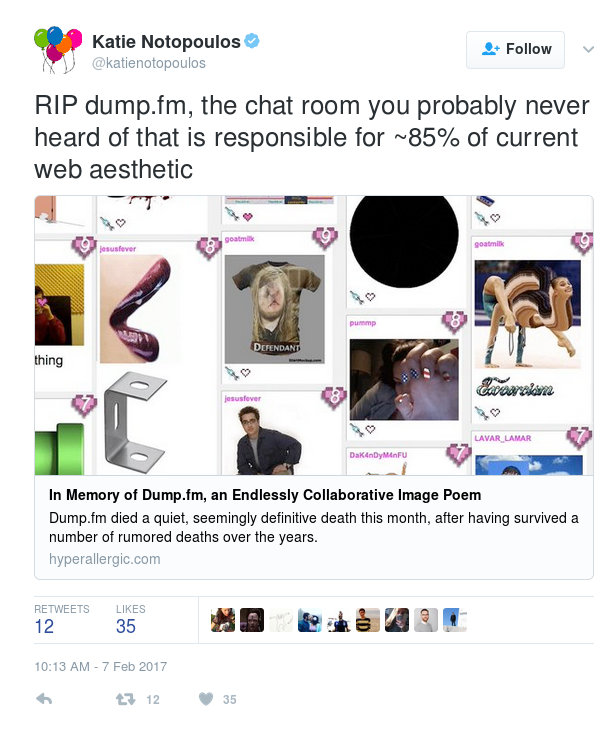Have been neglecting my Vimeo account, mainly because I hate video and think there's too much of it in our world. Yesterday I posted a couple of laid-back efforts from late 2014 I had been sitting on:
Was sort of briefly interested in the idea of home movies as art -- taking that trope of ultimate boredom and elevating it to festival material, as a form of protest or Dada or what have you. I even went as far as to submit Idyllic Bike Ride to the festival "Migrating Forms" (where it was rejected). What happened was, I get a lot of press releases going back to my years as a pundit. Some are welcome and some go to spam. Migrating Forms sent me an announcement with a call for entries. It took about five minutes to submit Idyllic Bike Ride -- I thought a dude's bike ride might be an amusing break or palate cleanser in several hours of heavy identity exploration. It was rejected, and also lessened my spam traffic because I stopped receiving Migrating Forms announcements! Unlike moi, they do not hate video.


